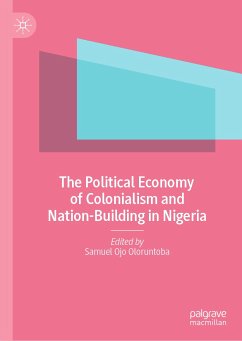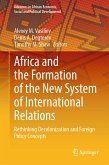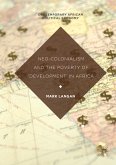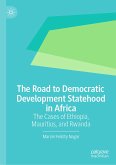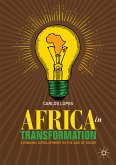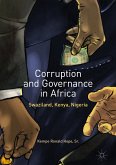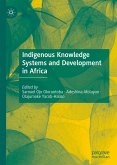This book examines the ways in which colonialism continues to define the political economy of Nigeria sixty years after gaining political independence from the British. It also establishes a link between colonialism and the continued agitation for restructuring the political arrangement of the country. The contributions offer various perspectives on how the forceful amalgamation of disparate units and diverse nationalities have undermined the realization of the development potential of Nigeria.
The book is divided into two parts. The first part interrogates the political economy of colonialism and the implications of this on economic development in contemporary Nigeria. The second part examines nation-building, governance, and development in a postcolonial state. The failure of the postcolonial political elites to ensure inclusive governance has continued to foster centrifugal and centripetal forces that question the legitimacy of the state. The forces have deepened calls forsecession, accentuated conflicts and predispose the country to possible disintegration. A new government approach is required that would ensure equal representation, access to power and equitable distribution of resources.
Samuel Ojo Oloruntoba is Associate Professor in the Thabo Mbeki School of Public and International Affairs, University of South Africa, and Visiting Professor in the Institute of African Studies, Carleton University, Ottawa, ON, Canada. He is the author of Regionalism and Integration in Africa: EU-ACP Economic Partnership Agreements and Euro-Nigeria Relations(2016) and co-editor of The Palgrave Handbook of African Political Economy (with Toyin Falola, 2020). Oloruntoba was the recipient of the National Research Foundation of South Africa Award in 2018.
The book is divided into two parts. The first part interrogates the political economy of colonialism and the implications of this on economic development in contemporary Nigeria. The second part examines nation-building, governance, and development in a postcolonial state. The failure of the postcolonial political elites to ensure inclusive governance has continued to foster centrifugal and centripetal forces that question the legitimacy of the state. The forces have deepened calls forsecession, accentuated conflicts and predispose the country to possible disintegration. A new government approach is required that would ensure equal representation, access to power and equitable distribution of resources.
Samuel Ojo Oloruntoba is Associate Professor in the Thabo Mbeki School of Public and International Affairs, University of South Africa, and Visiting Professor in the Institute of African Studies, Carleton University, Ottawa, ON, Canada. He is the author of Regionalism and Integration in Africa: EU-ACP Economic Partnership Agreements and Euro-Nigeria Relations(2016) and co-editor of The Palgrave Handbook of African Political Economy (with Toyin Falola, 2020). Oloruntoba was the recipient of the National Research Foundation of South Africa Award in 2018.
Dieser Download kann aus rechtlichen Gründen nur mit Rechnungsadresse in A, B, BG, CY, CZ, D, DK, EW, E, FIN, F, GR, HR, H, IRL, I, LT, L, LR, M, NL, PL, P, R, S, SLO, SK ausgeliefert werden.

